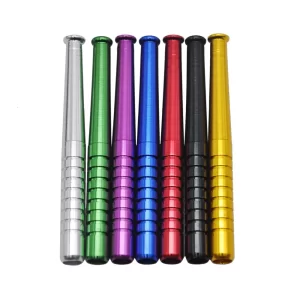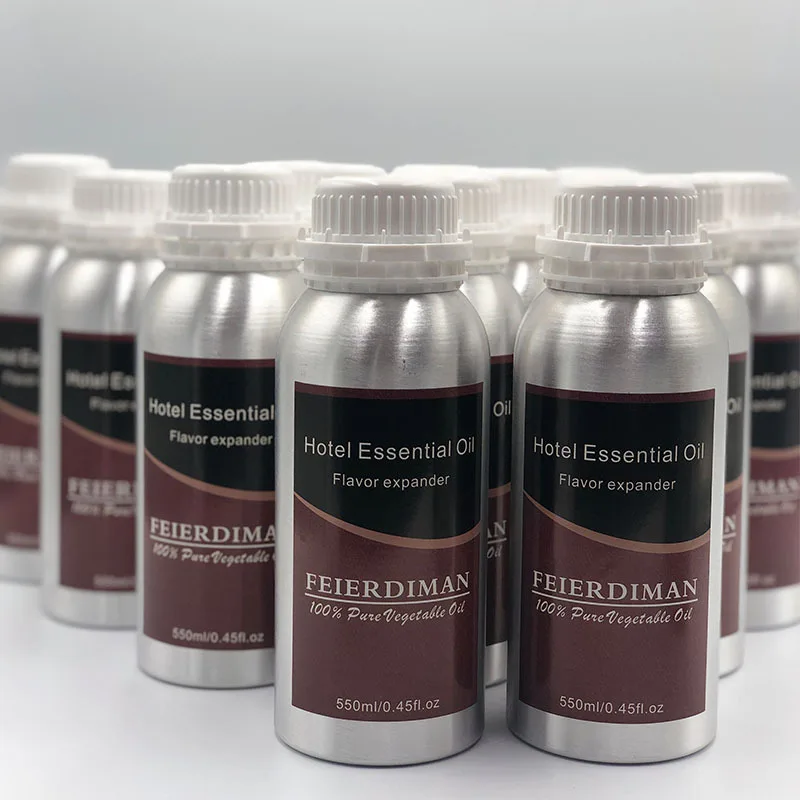“We’ve seen in other states, these programs take more time to launch than you think. We have to develop a supply chain here within the state for the products.”
By Leah Romero, Source NM
Gov. Michelle Lujan Grisham (D) signed the Medical Psilocybin Act into law this week, making New Mexico the third state in the U.S. to decriminalize so-called “magic mushrooms.” But advocates say the program is still a few years away from fully operating.
Senate Bill 219 decriminalizes psilocybin, often referred to as magic mushrooms, for treatment of major treatment-resistant depression, post-traumatic stress disorder, substance use disorders and end-of-life care. It also establishes a nine-member Medical Psilocybin Advisory Board, which the secretary of the Department of Health will fill with people knowledgeable about behavioral health and who are able to advocate for the needs of particular New Mexicans, including Native residents and veterans.
Once the board is in place, members will begin to establish rules for licensing providers and requirements for psilocybin producers. Victoria Cvitanovic, a New Mexico-based lawyer specializing in psychedelic law, spoke on behalf of the bill during the recent session and told Source NM she anticipates the secretary will announce the first several board appointments quickly.
“It’s anticipated that the first patients are going to receive their doses in March of 2028,” Cvitanovic said, however the timeline could be faster if the board is established and quickly begins their work, she added. “But we’ve seen in other states, these programs take more time to launch than you think. We have to develop a supply chain here within the state for the products. We have to identify these practitioners and identify the first patients. So with the time that this is going to take, I think that 2027 deadline is about right to see this get started.”
Cvitanovic said New Mexico has benefitted from seeing how Oregon and Colorado launched their medical psilocybin programs in recent years. New Mexico is now the third state to legalize the psychedelic treatment, and the first to do so legislatively rather than by a ballot vote.
She noted that SB 219 also includes a research fund that will allow state universities to expand research into the use of psilocybin for different conditions, and possibly what best strains of the mushroom produce the best product.
“The University of New Mexico has historically been a powerhouse when it comes to the research of psychedelics in the United States. They’ve done a wonderful job laying out a medical basis for this treatment,” Cvitanovic said. “Agricultural research is growing around mycelium production in general, things like functional mushrooms and also psychedelic mushrooms. So agricultural universities, they are going to be a huge part of the way that the psychedelics movement grows around the country, and I would love to see New Mexico State be involved in that.”
The advisory board has the authority to add to the list of qualifying conditions, which Cvitanovic said will likely not happen right away, but could include anxiety conditions and other types of depression.
Another aspect of the bill includes an equity fund, which will help people pay for the cost of treatment if they are not able to afford the out-of-pocket expense.
Cvitanovic said while the advisory board has not been established yet, now is still a good time for providers who might be interested in the treatment to make sure their practice is in good order, and for patients to start talking to providers if they are interested in seeking treatment.
“Psilocybin is a scientifically-based treatment for getting past some of these traumas and being able to move forward with a more productive life,” she said. “As part of this small community, we really want to see our neighbors and our friends have what’s best for them, and this is a huge part of that.”
This story was first published by Source NM.
Photo courtesy of Wikimedia/Mushroom Observer.




























